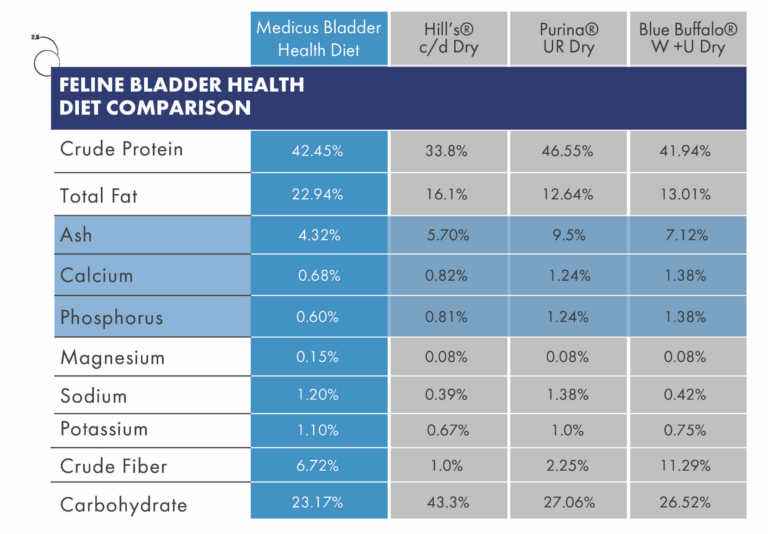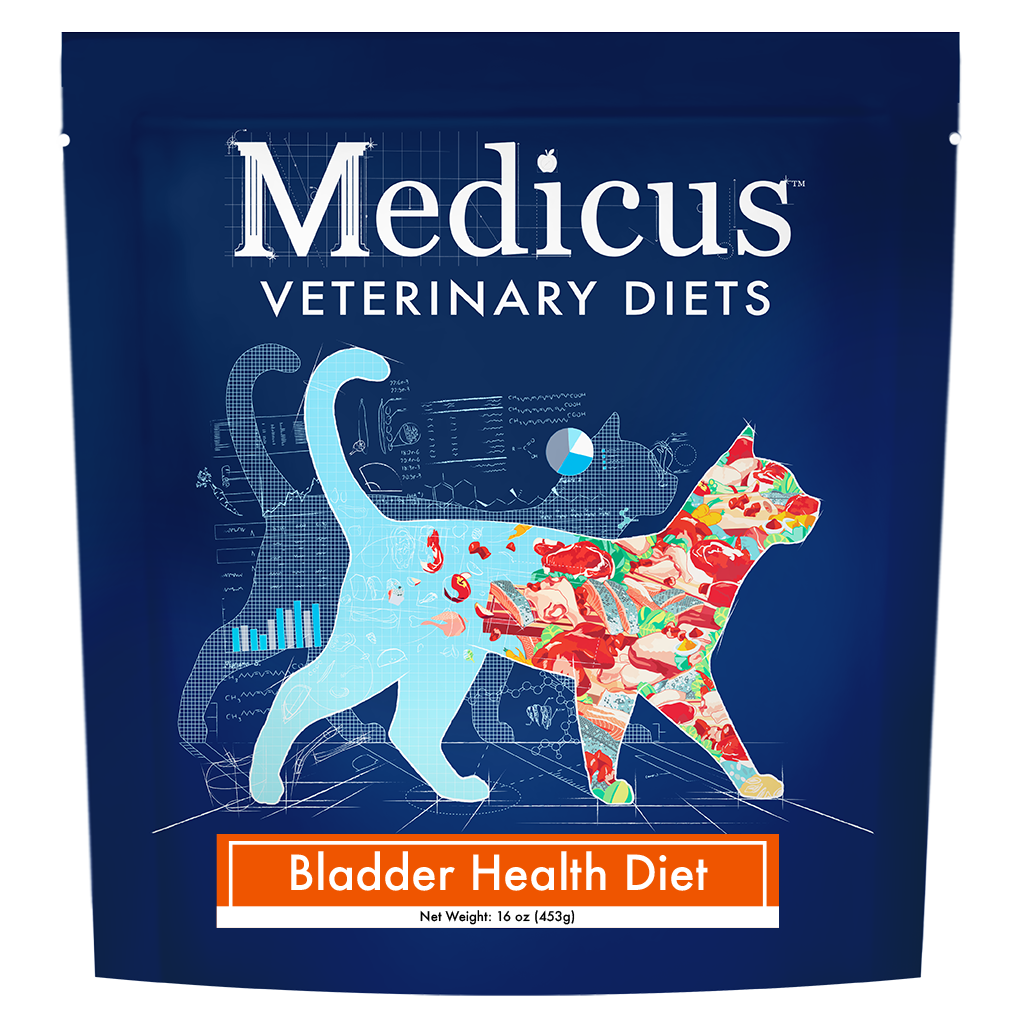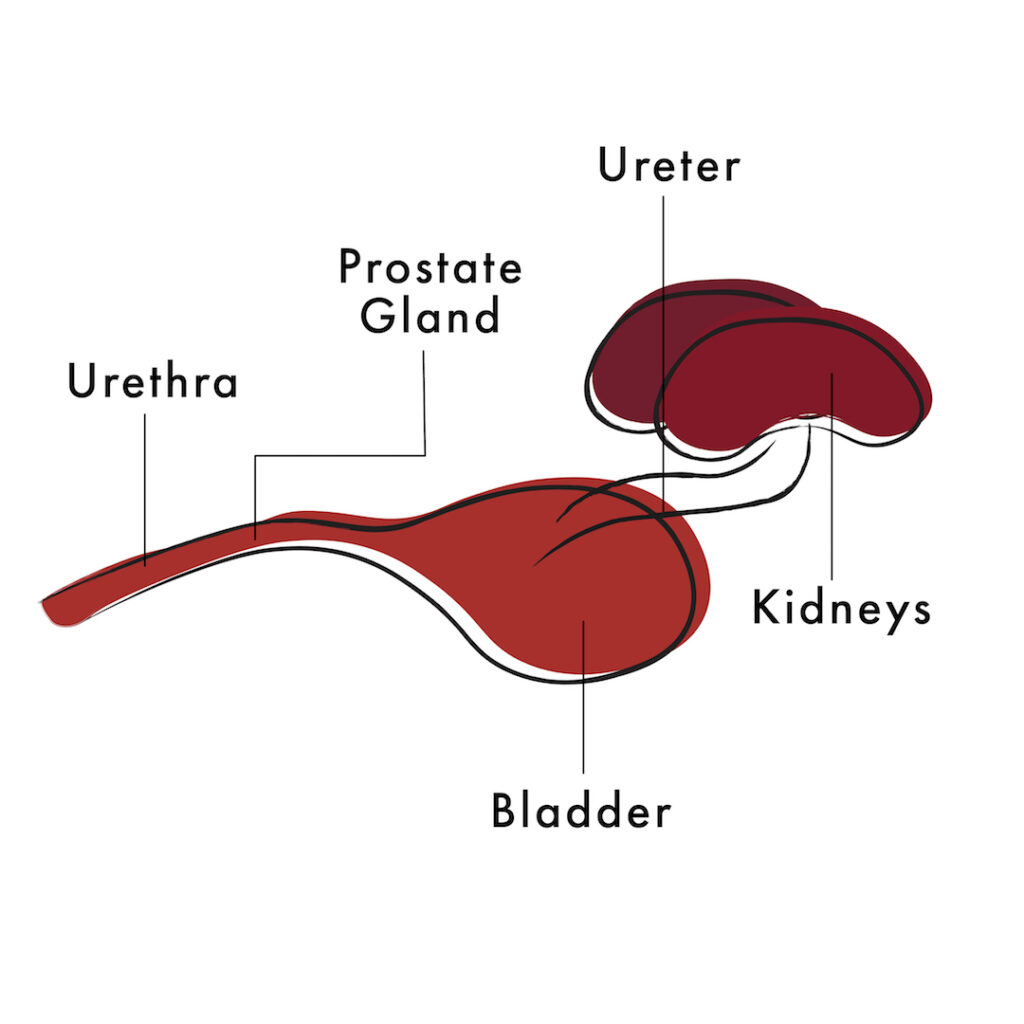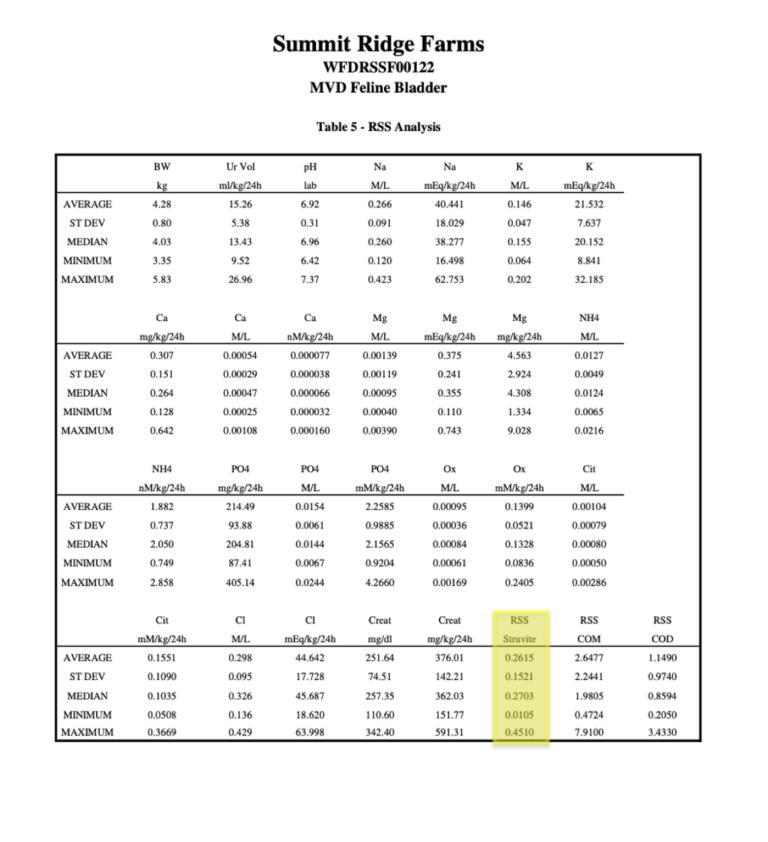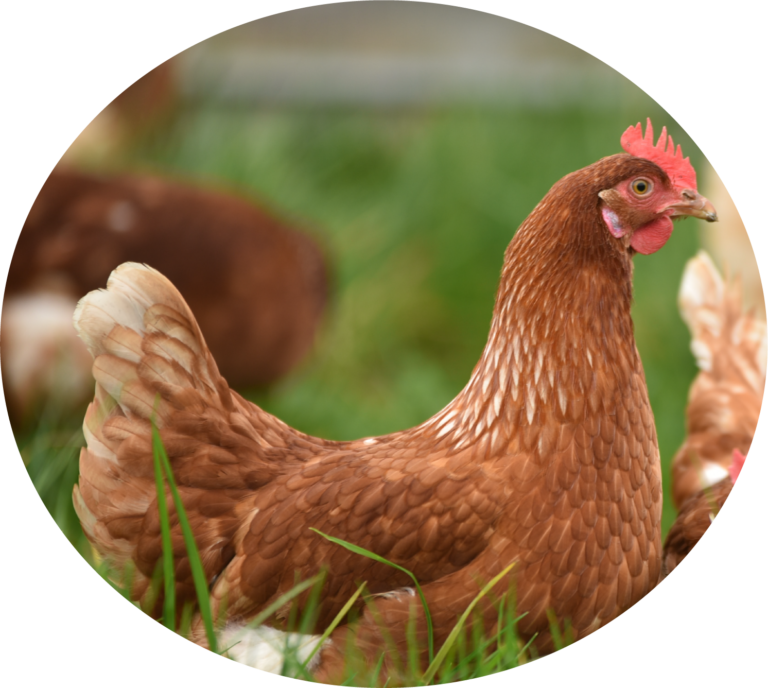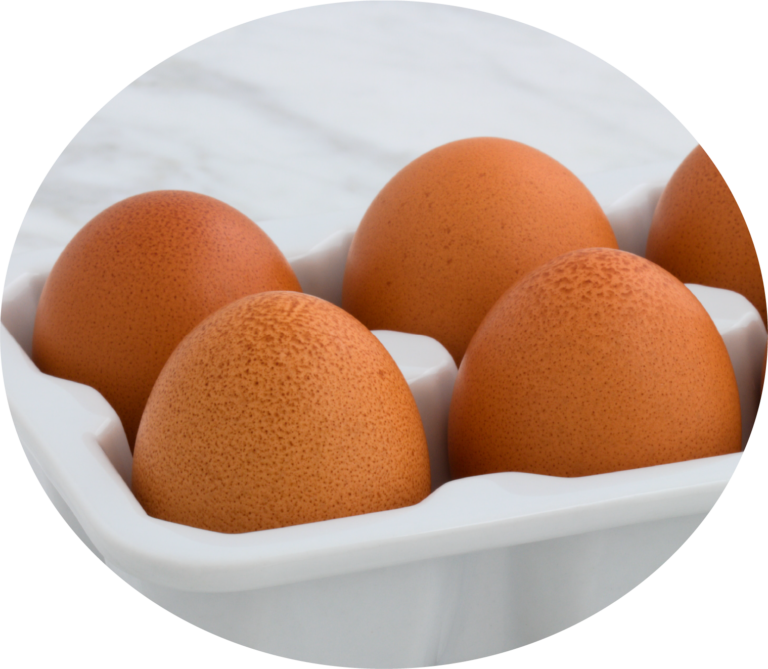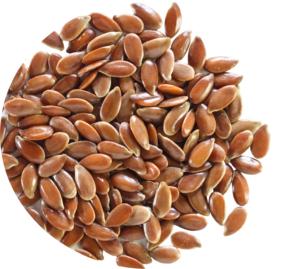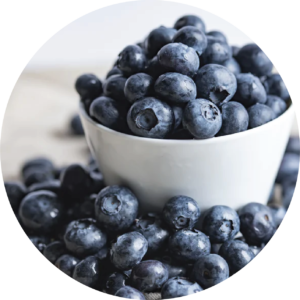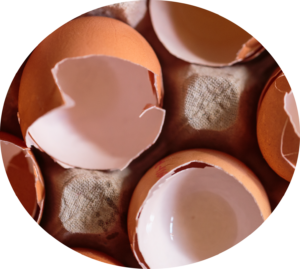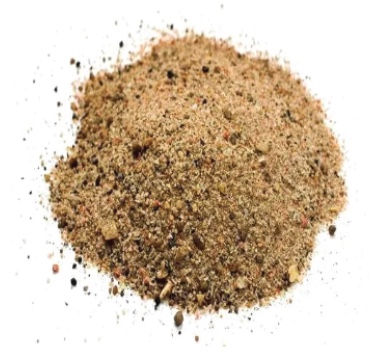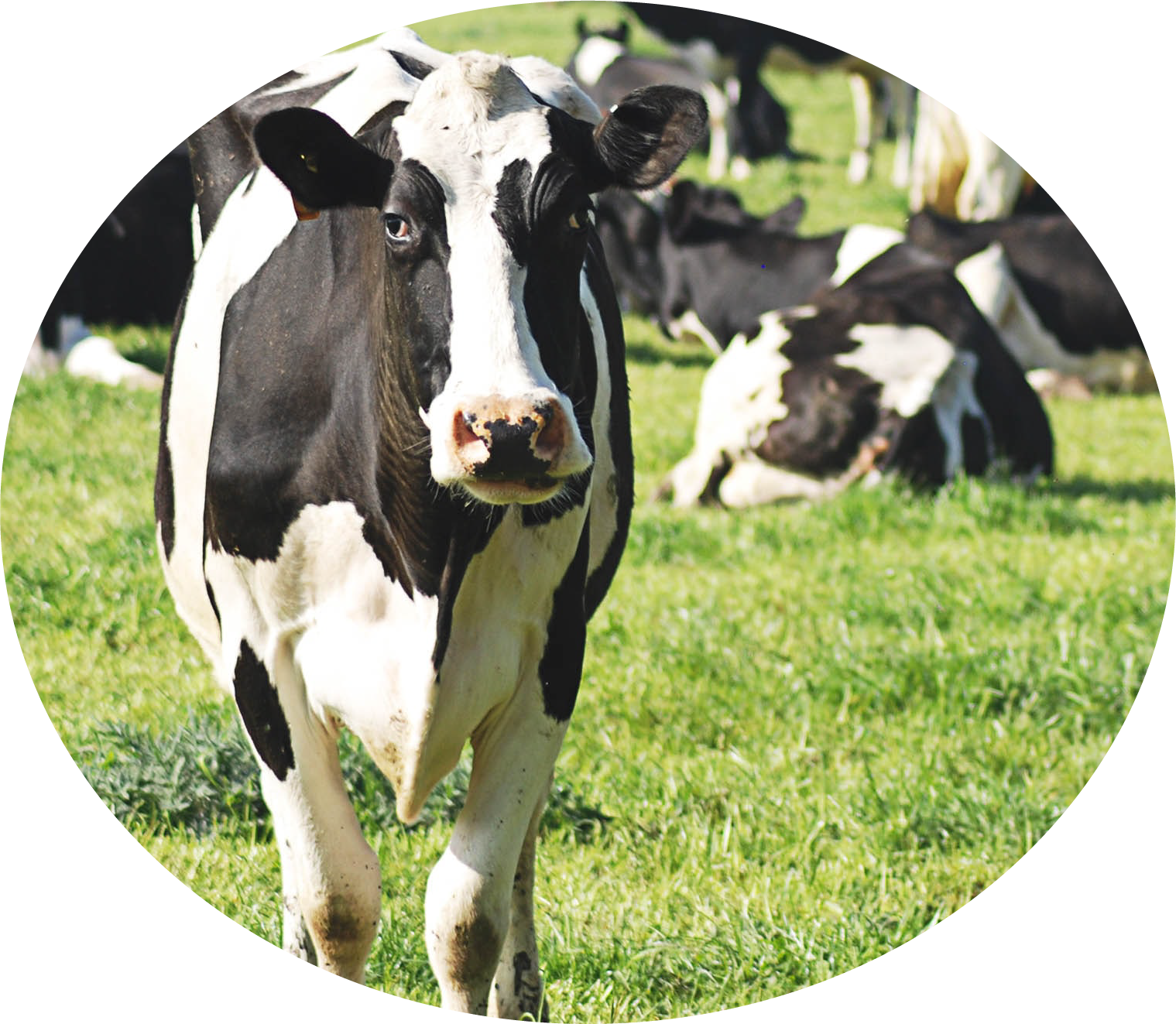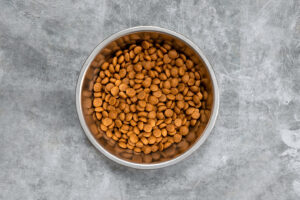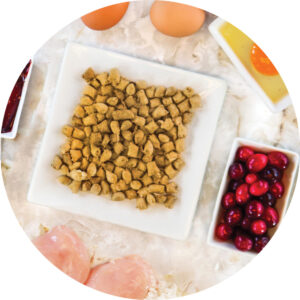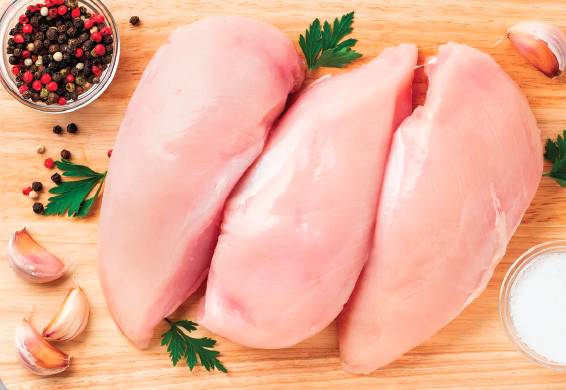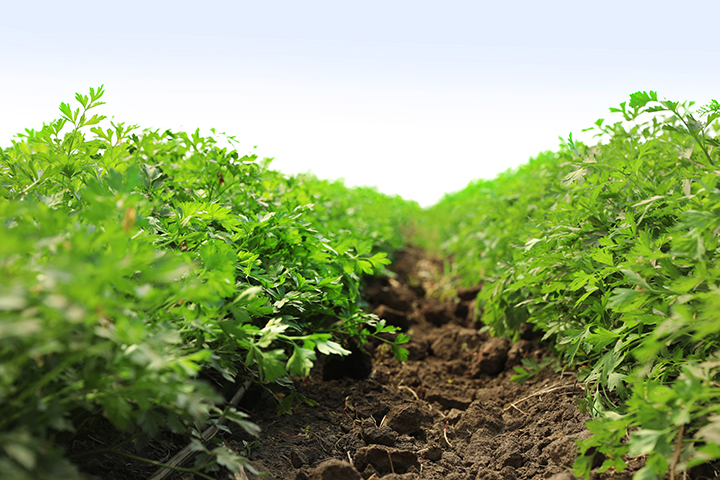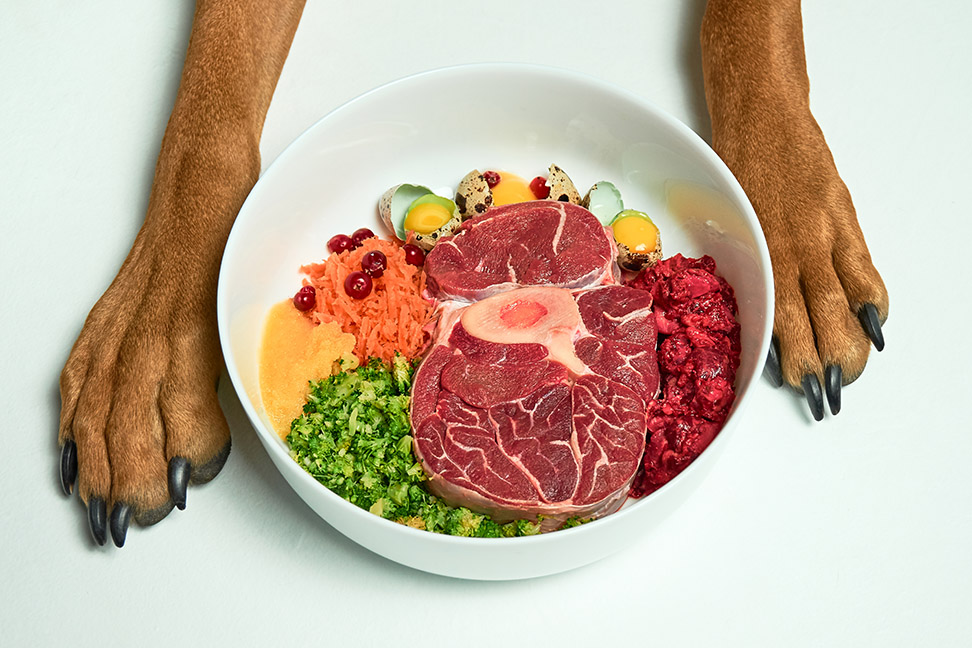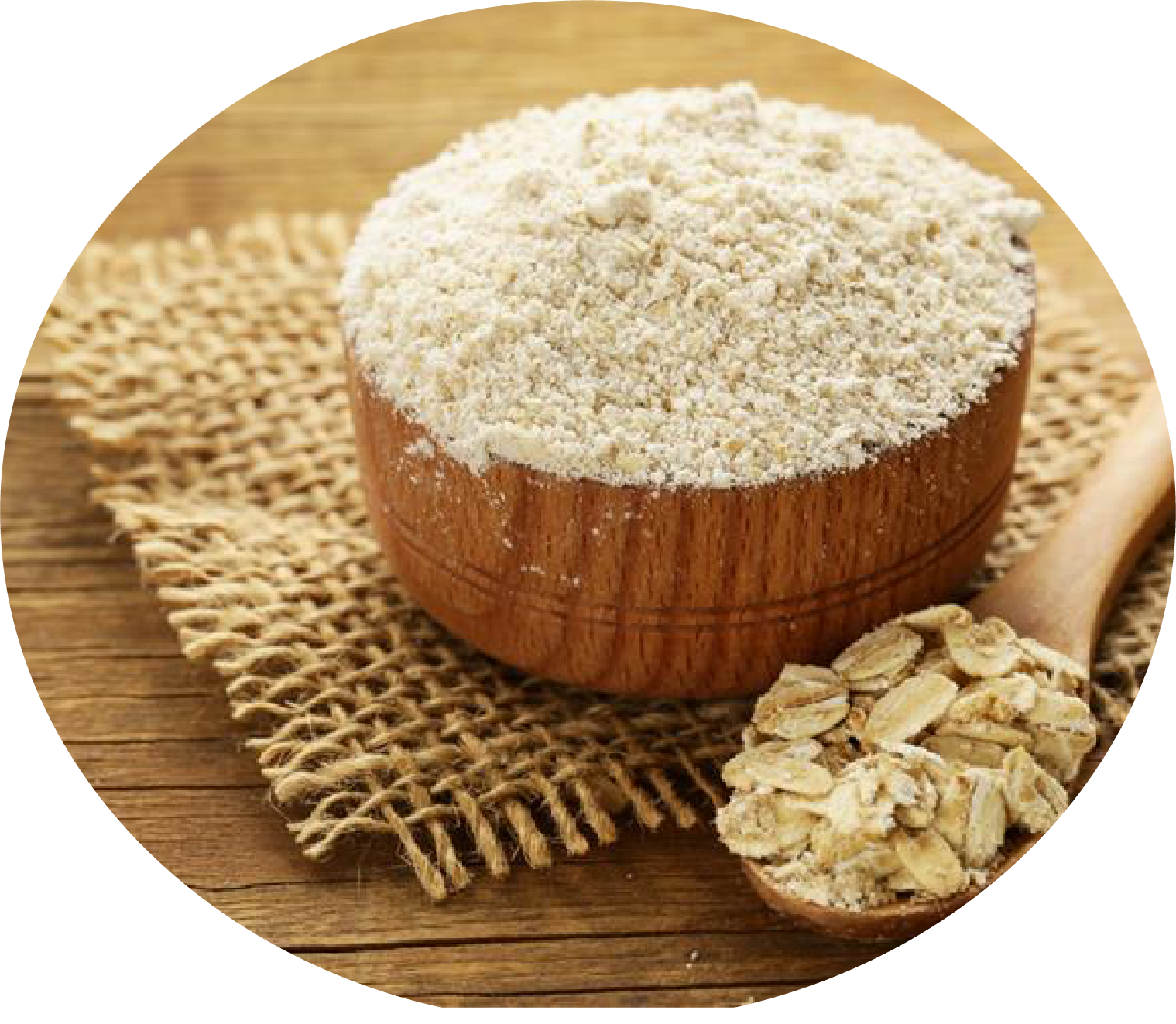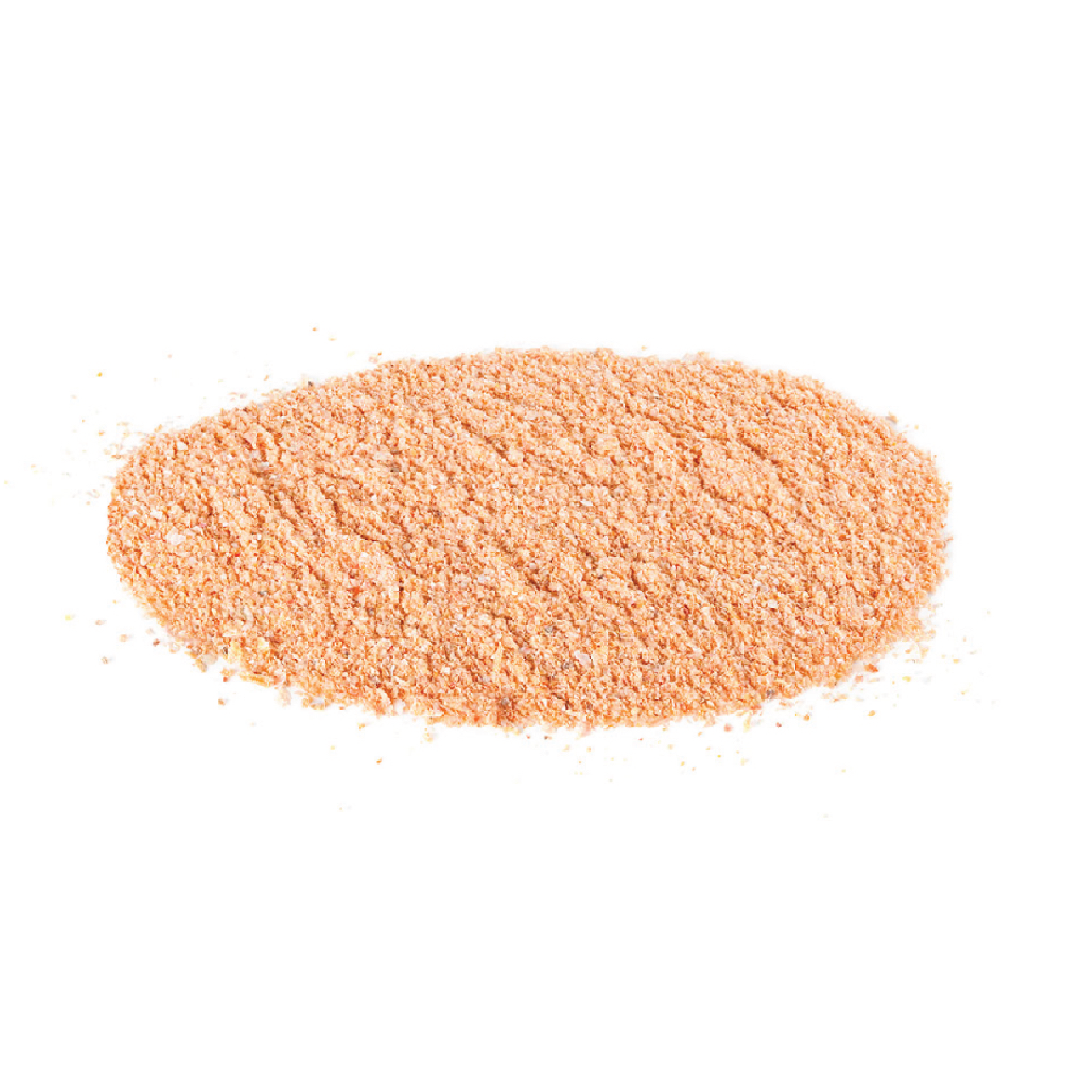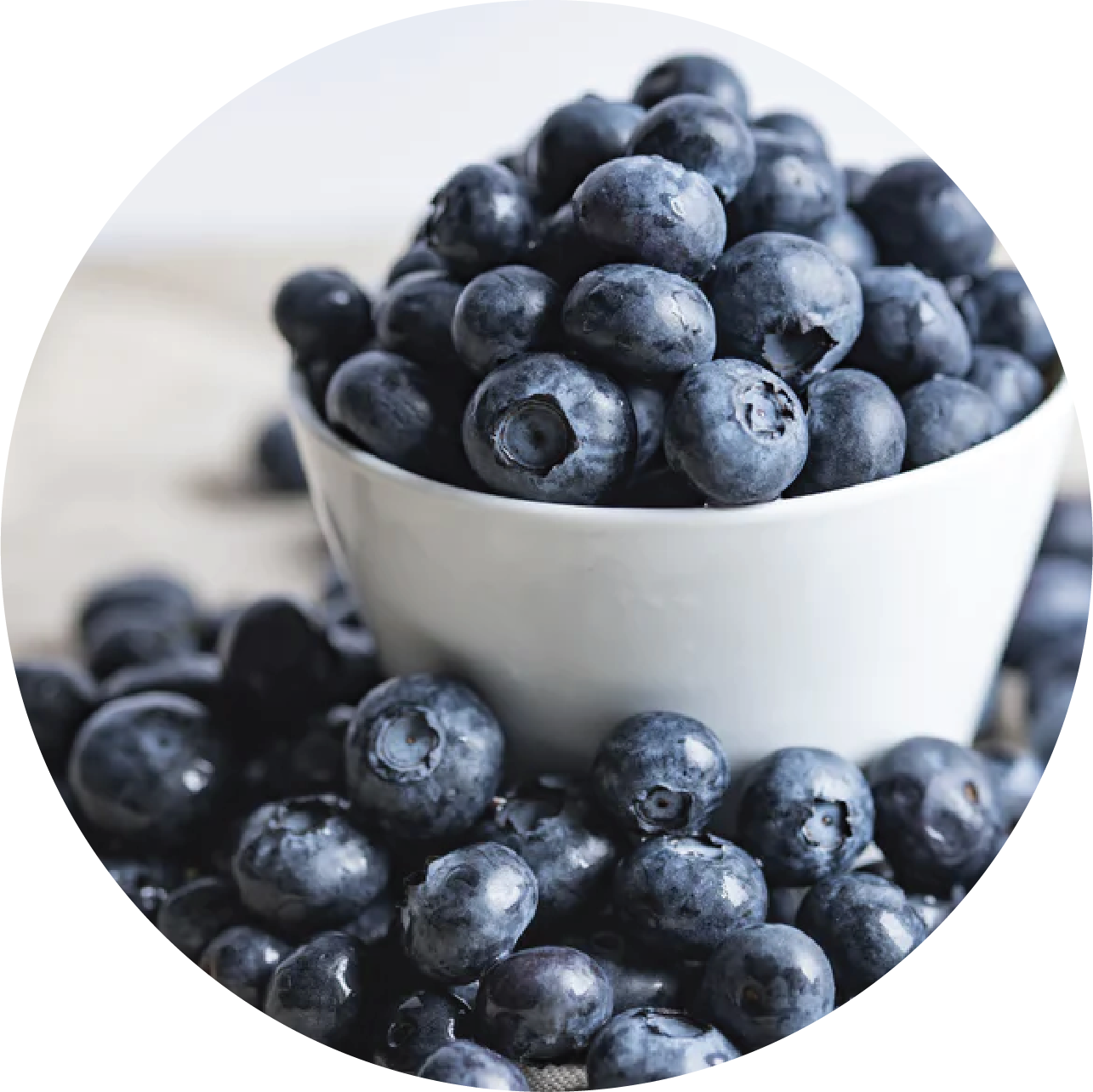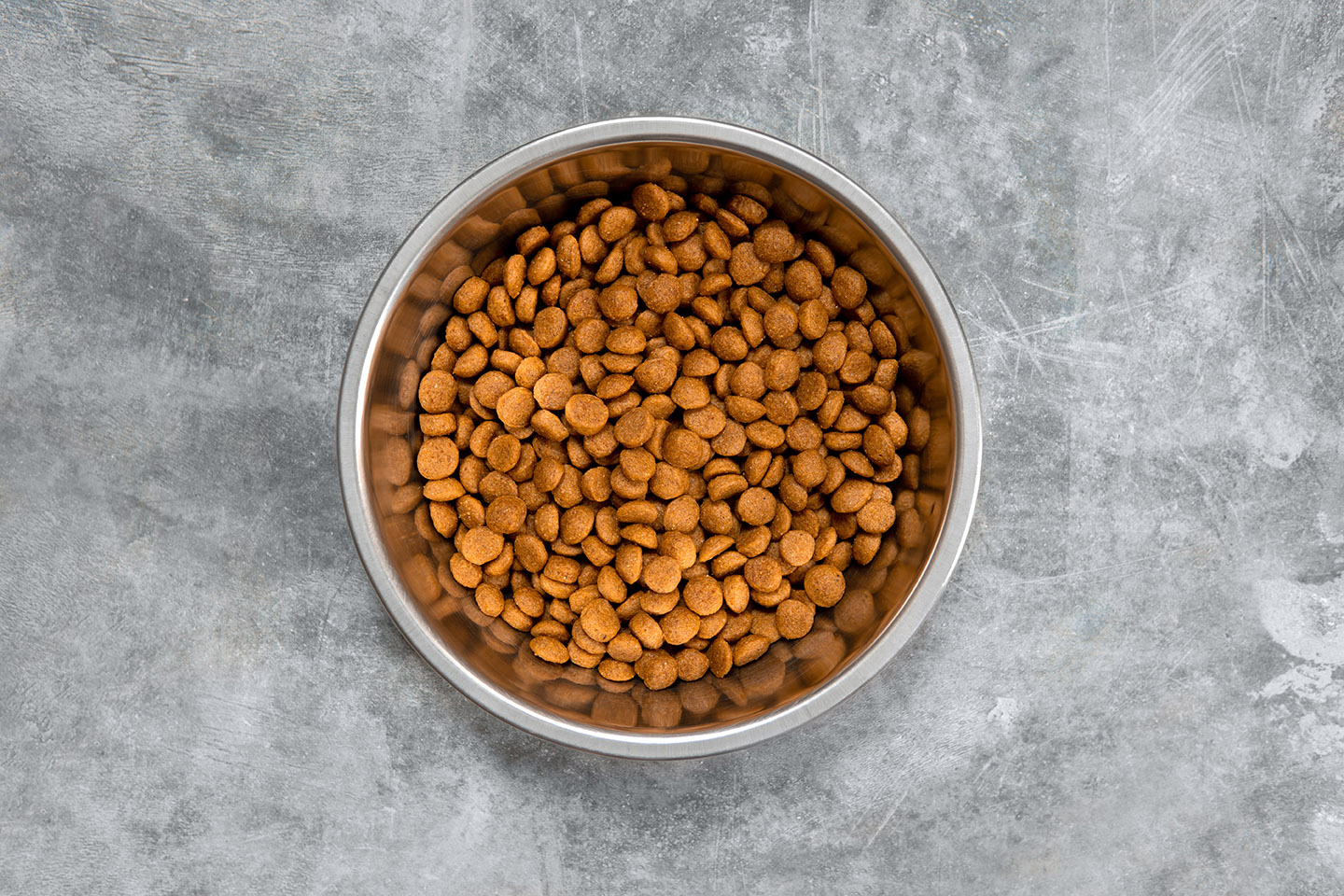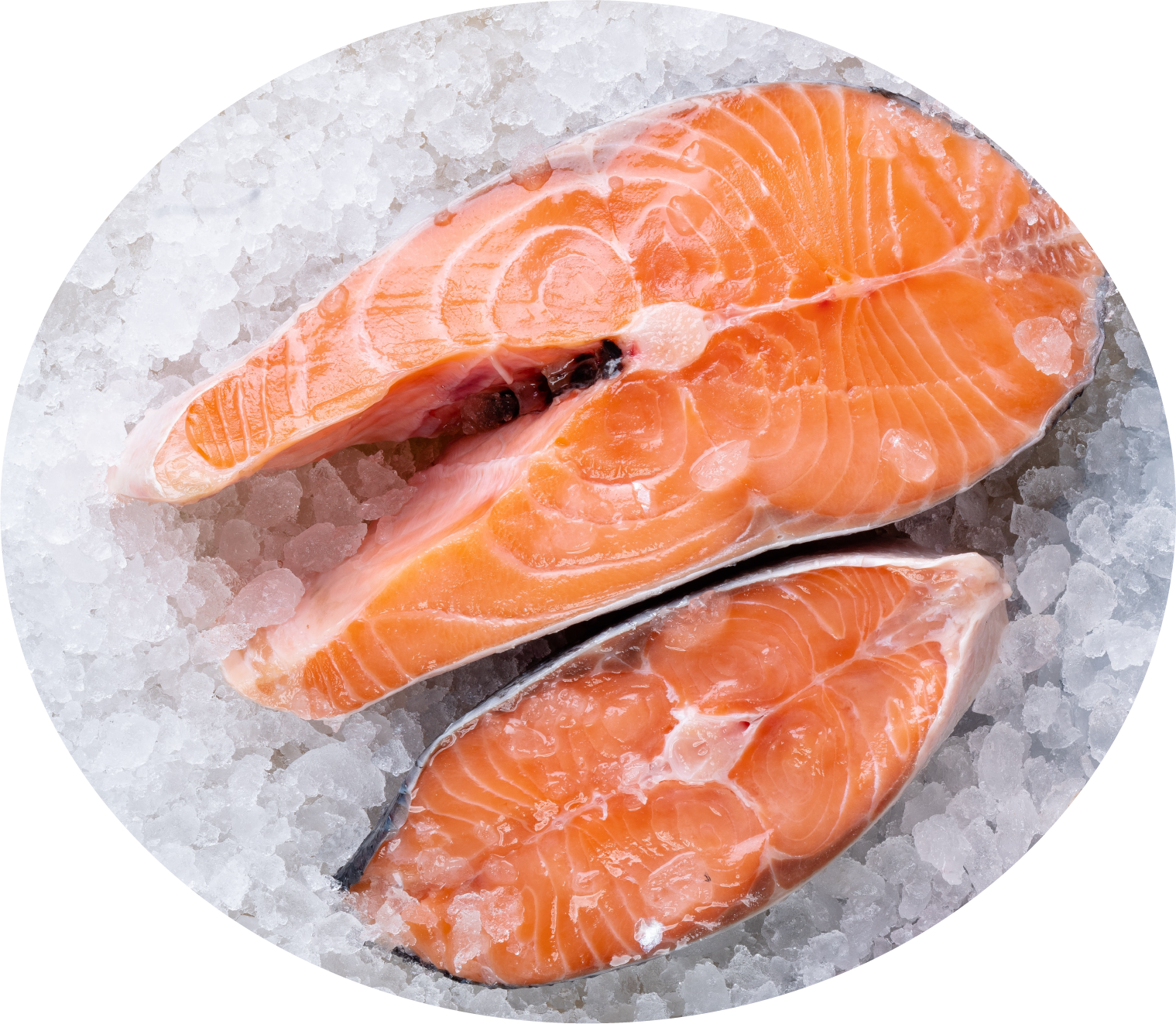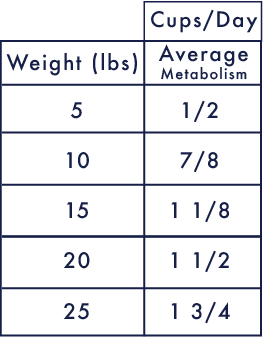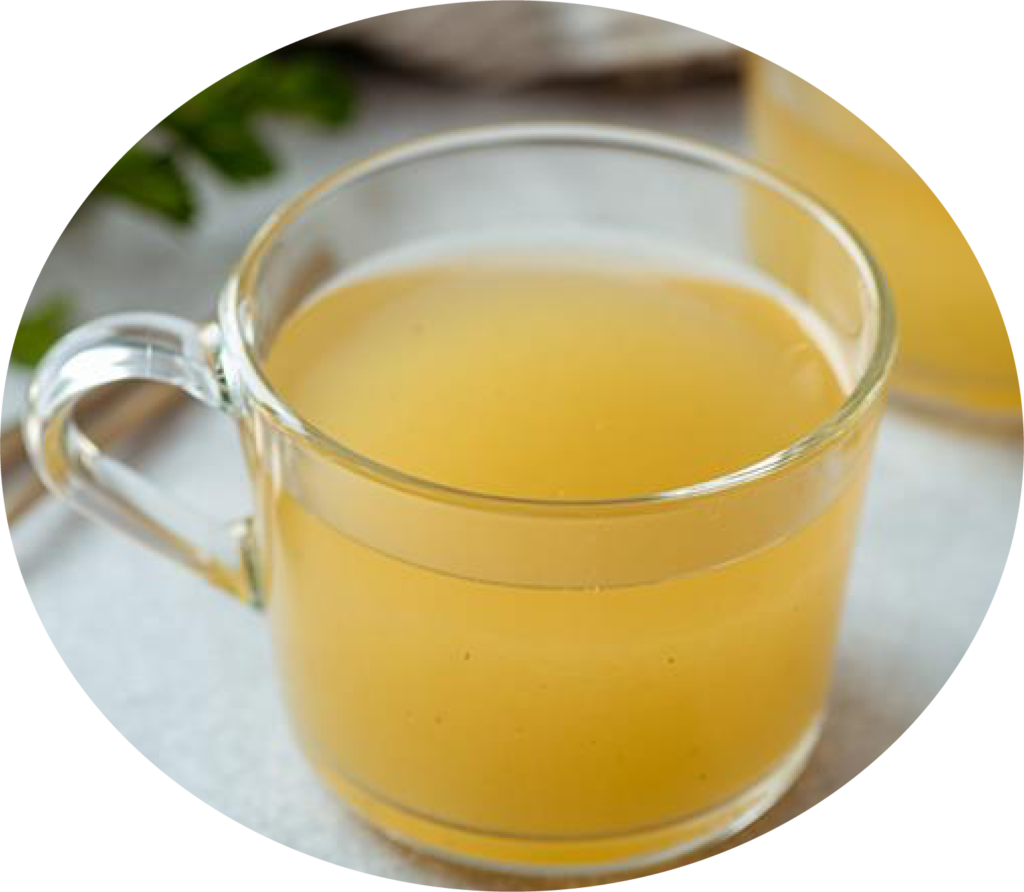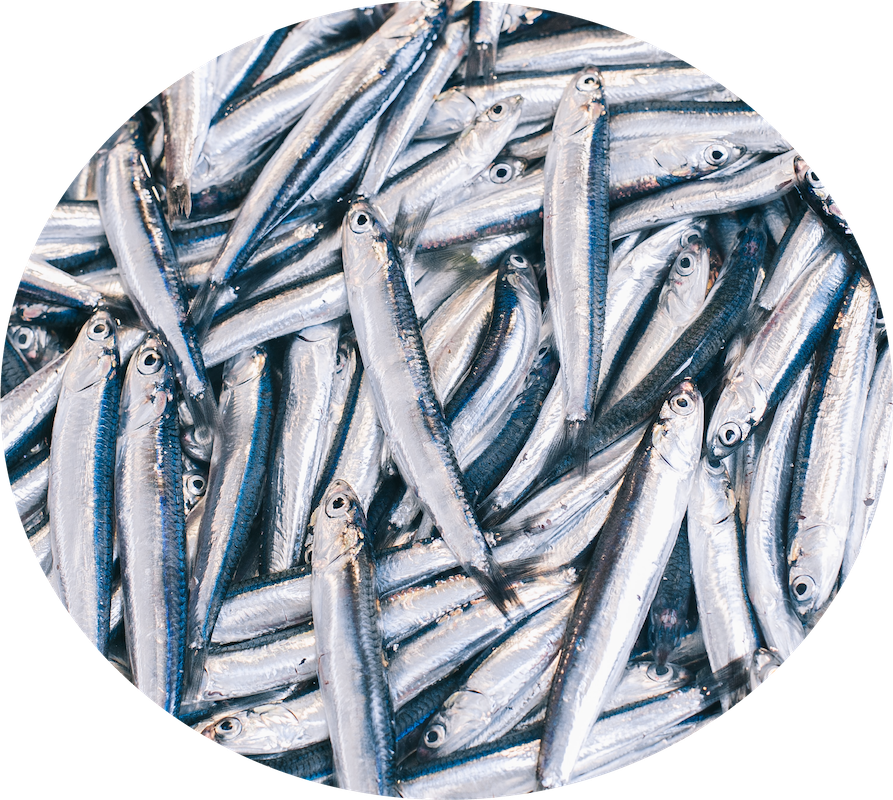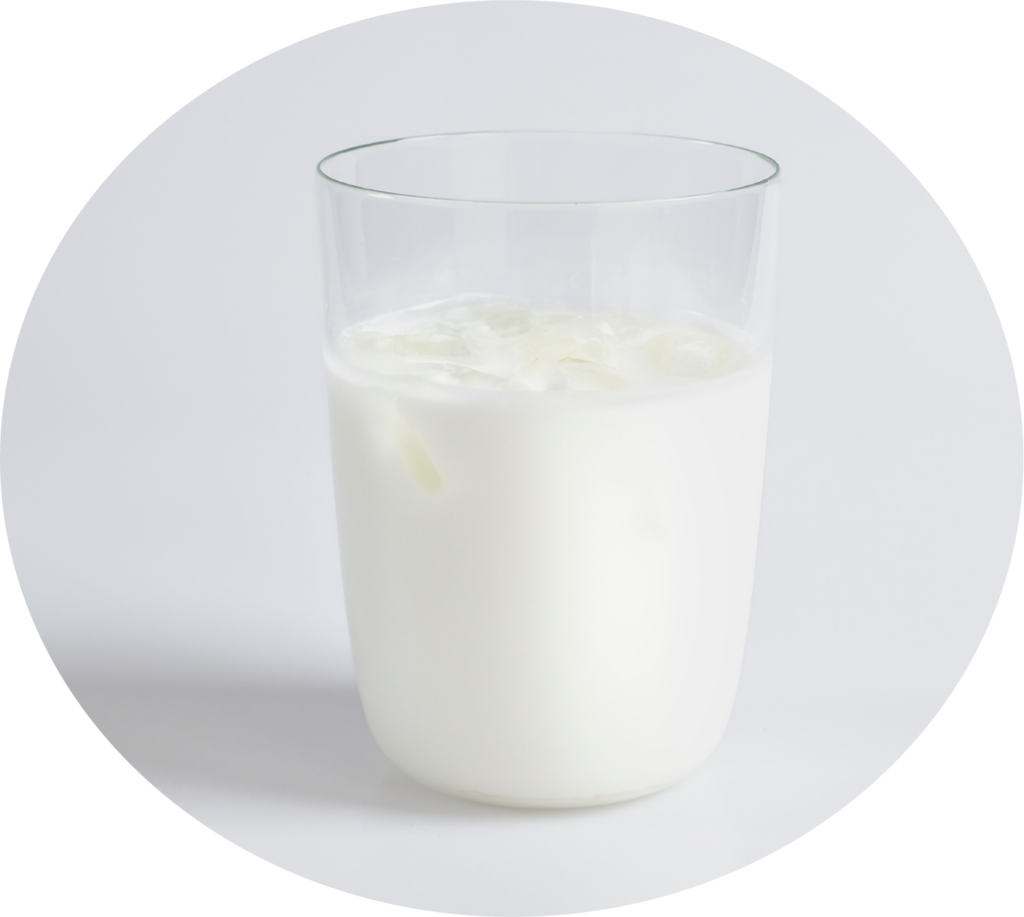Nutrients vs Ingredients
Where Other Diets Fall Short
Other industry diets meet the nutrient profiles needed to address a disease state but do so using poor-quality ingredients like meat meals, corn, and a lengthy list of synthetic nutrients.
We know that when an animal is sick, nutrition matters most and that you can provide a therapeutic bladder diet with whole foods.
Compare Our Ingredients
Medicus
Chicken, Egg, Rice, Flaxseed, Chicken Liver, Chicken Gizzards, Ground Krill, Cranberries, Blueberries, Potassium salt, Sea salt, Ground Egg Shell, Apple Cider Vinegar, Glucosamine, Mixed Tocopherols, Zinc Proteinate, Niacin, Riboflavin, Thiamine, Vitamin B12, Pyridoxine, Folic Acid, & Kelp
Chicken, Whole Grain Corn, Corn Gluten Meal, Whole Grain Wheat, Brewers Rice, Chicken Fat, Chicken Meal, Egg Product, Pork Flavor, Soybean Oil, Fish Oil, L-Lysine, Lactic Acid, Calcium Sulfate, Potassium Chloride, Choline Chloride, Potassium Citrate, vitamins (Vitamin E Supplement, Niacin Supplement, Thiamine Mononitrate, Calcium Pantothenate, Pyridoxine Hydrochloride, Vitamin A Supplement, Riboflavin Supplement, Biotin, Vitamin B12 Supplement, Folic Acid, Vitamin D3 Supplement), Taurine, DL-Methionine, Iodized Salt, minerals (Ferrous Sulfate, Zinc Oxide, Copper Sulfate, Manganous Oxide, Calcium Iodate, Sodium Selenite), L-Tryptophan, Mixed Tocopherols for freshness, Natural Flavors, Beta-Carotene.
Corn gluten meal, poultry by-product meal, rice, tuna, oat fiber, soybean hulls, canola meal, soy protein isolate, beef fat preserved with mixed-tocopherols, natural flavor, powdered cellulose, salt, calcium carbonate, potassium chloride, sodium bisulfate, phosphoric acid, choline chloride, L-Lysine monohydrochloride, Vitamin E supplement, DL-Methionine, taurine, fish oil, L-Carnitine, L-ascorbyl-2-polyphosphate (Vitamin C), niacin (Vitamin B-3), Vitamin A supplement, zinc sulfate, calcium pantothenate (Vitamin B-5), ferrous sulfate, thiamine mononitrate (Vitamin B-1), Vitamin B-12 supplement, manganese sulfate, riboflavin supplement (Vitamin B-2), pyridoxine hydrochloride (Vitamin B-6), folic acid (Vitamin B-9), copper sulfate, menadione sodium bisulfite complex (Vitamin K), biotin (Vitamin B-7), Vitamin D-3 supplement, calcium iodate, sodium selenite.
Deboned Chicken, Chicken Meal, Pea Protein, Tapioca Starch, Powdered Cellulose, Natural Flavor, Chicken Fat (preserved with Mixed Tocopherols), Flaxseed (source of Omega 3 and 6 Fatty Acids), Gelatin, Peas, Calcium Chloride, L-Threonine, Calcium Sulfate, DL-Methionine, Potassium Chloride, Choline Chloride, Cranberries, Dried Chicory Root, Betaine Hydrochloride, Potato Starch, Taurine, Potatoes, Pea Fiber, Alfalfa Nutrient Concentrate, Calcium Carbonate, L-Tryptophan, L-Lysine, Vitamin E Supplement, Sweet Potatoes, Carrots, L-Carnitine, preserved with Mixed Tocopherols, Iron Amino Acid Chelate, Zinc Amino Acid Chelate, Vegetable Juice for color, Salt, Niacin (Vitamin B3), Copper Amino Acid Chelate, Blueberries, Barley Grass, Parsley, Turmeric, Dried Kelp, Yucca Schidigera Extract, Manganese Amino Acid Chelate, Thiamine Mononitrate (Vitamin B1), L-Ascorbyl-2-Polyphosphate (source of Vitamin C), Biotin (Vitamin B7), Vitamin A Supplement, Pyridoxine Hydrochloride (Vitamin B6), Calcium Pantothenate (Vitamin B5), Riboflavin (Vitamin B2), Ferrous Sulfate, Zinc Sulfate, Vitamin D3 Supplement, Vitamin B12 Supplement, Folic Acid (Vitamin B9), Copper Sulfate, Dried Yeast, Dried Enterococcus faecium fermentation product, Dried Lactobacillus acidophilus fermentation product, Dried Aspergillus niger fermentation extract, Dried Trichoderma longibrachiatum fermentation extract, Dried Bacillus subtilis fermentation extract, Manganese Sulfate, Calcium Iodate, Sodium Selenite, Oil of Rosemary.
Proof in the Numbers
The Medicus Bladder Health Diet for cats meets all the nutrient requirements needed to support the cat with chronic urinary issues with numbers comparable to, if not better, than the leading diets within the industry.
